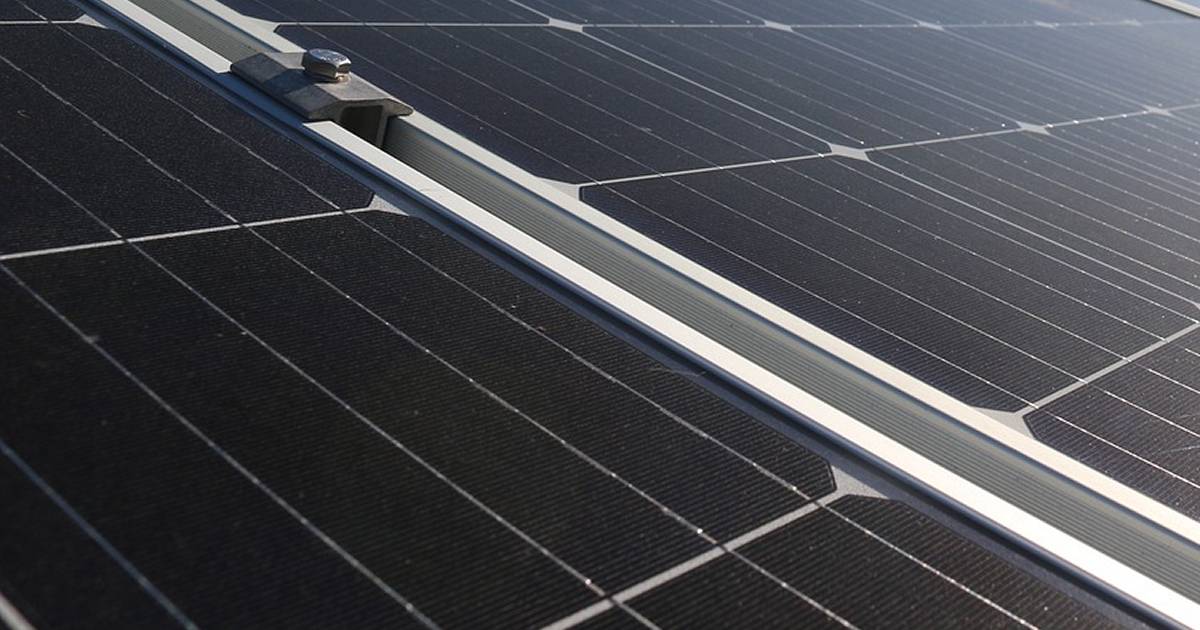
The introduction of new standards relating to solar power systems in South Australia yesterday may not have led to the Earth suddenly exploding, or even just SA, but the rushed implementation has created some headaches and confusion.
One of the new rules to come into effect yesterday stipulates new inverters connected to the grid need to be verified as able to remain in continuous operation during brief undervoltage disturbances. While this is limiting the choice of inverters available, 26 brands and hundreds of inverter models have made it onto the SA Government’s approved list and no doubt more will be added. A full list of inverter brands and models that comply can be found here (scroll down to “list of approved inverter models”).
Also as of yesterday, SA Power Networks is able to remotely and temporarily shut down solar power systems in “rare circumstances”, such as major infrastructure failure or at times of particularly low electricity demand when solar energy exports are high. In an electricity system, supply must match demand, otherwise blackouts can occur.
In the lead-up to this, SAPN carried out testing in some areas by increasing network voltage to knock inverters offline temporarily – which led to some system owners scratching their heads as to what was going on with their systems.
This ham-fisted method of shutdown will be an absolute last resort – there are other ways remote disconnect can be achieved with less impact on system owners.
Owners of new systems now need to declare a “Relevant Agent” who will have the authority to remotely shut down/prevent exports when required to by SAPN or the Australian Energy Market Operator. A full list of Relevant Agents can be accessed via this page.
Among the relevant agents is solar monitoring firm Solar Analytics, which has partnered with Sungrow on remote smart inverter control. Using combined technology, Solar Analytics won’t have to totally shut down compatible systems; but just prevent them from exporting energy during the disconnect period. This means the household will still be able to self-consume electricity generated by its rooftop solar panels.
Pellekaan: “Standards Are Critical”
Commenting on the remote disconnect implementation, Minister for Energy and Mining, Dan van Holst Pellekaan said:
“We hope to never use these emergency powers, but as we saw in February our grid can be impacted by disturbances in Victoria, and we need the tools in our arsenal to avoid blackouts.”
Minister van Holst Pellekaan also acknowledged the impact associated with the rush to implement remote disconnect and the low voltage ride-through requirement, which are part of the SA Government’s “Smarter Homes” push:
“I appreciate that with the challenges around COVID-19 and the amount of change in a short period of time, that this is a period of adjustment for some solar companies.”
That might be a bit of an understatement, with both requirements causing chaos in the sector.
Solar retailers and installer have also been left with the task of explaining what’s happening to their customers. The Clean Energy Council mentioned yesterday there’s a new Department for Energy and Mining hotline for retailers and installers with questions – (08) 8226 2108.
On a related note, SQ’s Ronald recently outlined a couple of the multiple approaches SAPN will take to allow new rooftop solar installations in South Australia continue to export energy to the grid.

 RSS - Posts
RSS - Posts



Does this mean a cost increase for packages? I’m seeing differing comments about additional cost or no cost. I’ve recently signed up prior to this change, with the install occurring this month, and have been told that there’s an additional $300 cost. No change to inverter or panels..
In some cases a low cost inverter that doesn’t meet the new standard may need to be changed to a higher cost one. But no matter what you’ve signed they shouldn’t be able to make you pay extra regardless of what clauses may be hidden in the fine print. If they have increased the price you definitely should be able to back out without penalty.
Mark, here’s a list of SA approved inverters so far:
https://energymining.sa.gov.au/__data/assets/pdf_file/0005/370868/VDRT_approved_inverter_list.pdf
It’s fairly extensive.